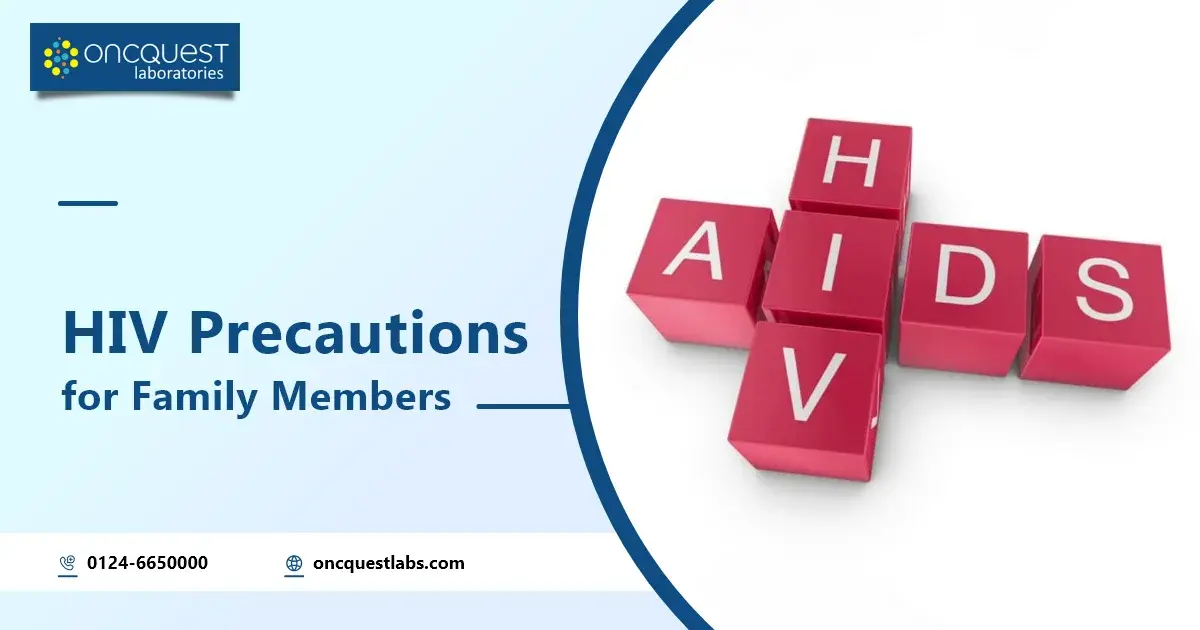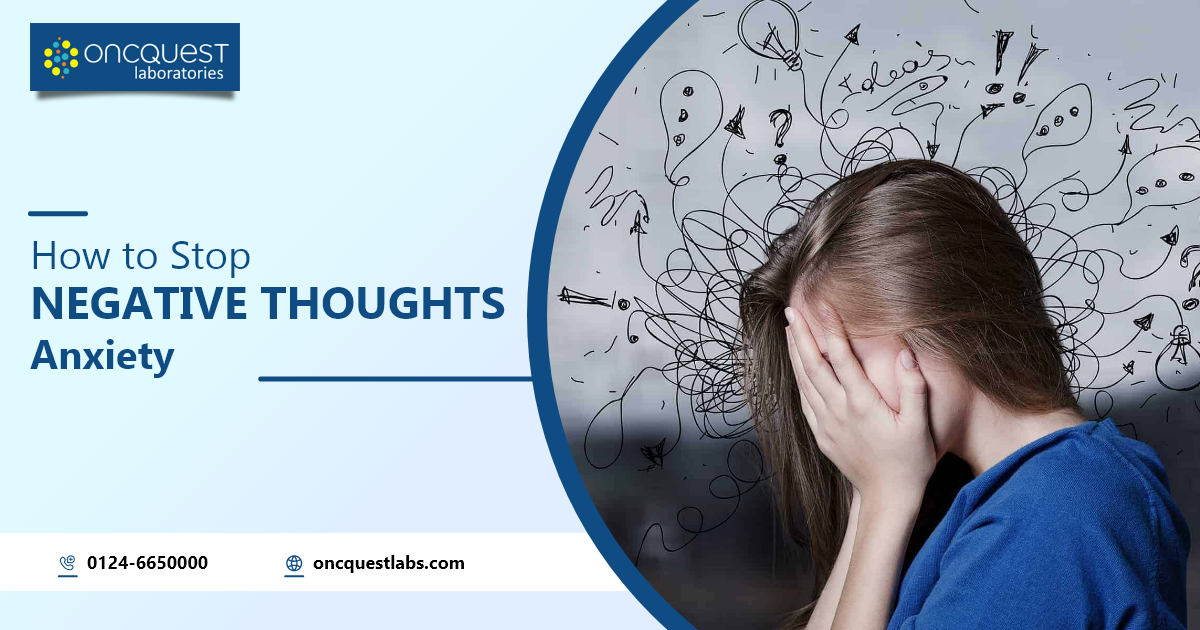Welcome to our blog where we talk about important ways to keep our family safe and healthy, especially when it comes to HIV. HIV is a virus that can make people very sick, but there are simple things we can do to protect ourselves and our loved ones. In this blog, we’ll discuss easy steps that family members can take to reduce the chances of HIV spreading. These steps are not hard to do and can make a big difference in keeping everyone safe and happy. Let’s learn together how we can create a safer and healthier environment for our family.
Contents
What is HIV?
HIV stands for Human Immunodeficiency Virus. It’s a virus that attacks the body’s immune system, specifically targeting CD4 cells, which are crucial for fighting off infections. Over time, HIV can weaken the immune system, making it harder for the body to defend itself against illnesses.
If HIV is left untreated, it can progress to a more severe stage called AIDS (Acquired Immunodeficiency Syndrome). At this stage, the immune system is severely compromised, leading to a higher risk of opportunistic infections and certain types of cancer.
HIV is primarily transmitted through specific bodily fluids such as blood, semen, vaginal fluids, rectal fluids, and breast milk. Common modes of transmission include unprotected sexual contact, sharing needles or syringes, and from mother to child during childbirth or breastfeeding.
However, HIV is not spread through casual contact like hugging, kissing, or sharing food or drinks. It’s important to note that HIV is a manageable condition with appropriate medical care, including antiretroviral therapy (ART), which can help people with HIV live long and healthy lives while reducing the risk of transmission to others.
Living with HIV Positive Family Member: Emotional Support
Providing emotional support for someone living with HIV can make a significant difference in their well-being. Here are some ways you can offer support:
1. Listen without judgment: Allow them to express their feelings and experiences without feeling judged. Sometimes, just having someone to listen to can be incredibly comforting.
2. Educate yourself: Learn about HIV/AIDS, treatment options, and common challenges faced by HIV patients. This will help you understand their situation better and offer more informed support.
3. Be empathetic: Show empathy and understanding towards their emotions. Acknowledge their struggles and validate their feelings.
4. Offer practical help: Offer to accompany them to medical appointments, help with medication reminders, or assist with daily tasks if needed.
5. Encourage self-care: Encourage them to prioritize self-care activities such as regular exercise, healthy eating, and getting enough rest.
6. Be a source of positivity: Offer words of encouragement, share uplifting stories, and remind them of their strengths and resilience.
7. Respect their privacy: Respect their privacy regarding their HIV status. Avoid discussing it with others unless they have given you permission to do so.
8. Connect them with support groups: Encourage them to join support groups or seek professional counseling if they need additional support from peers or mental health professionals.
By being supportive and understanding, you can help create a positive environment for someone living with HIV and contribute to their overall well-being.
Myths and Misconception about HIV
There are several myths and misconceptions about HIV that can contribute to stigma and misinformation. Here are some common ones:
1. HIV can be transmitted through casual contact: This is false. HIV is primarily transmitted through unprotected sexual contact, sharing needles with an infected person, or from mother to child during childbirth or breastfeeding. It is not transmitted through hugging, shaking hands, sharing food or drinks, or through saliva.
2. HIV only affects certain groups of people: HIV can affect anyone, regardless of their age, gender, sexual orientation, or race. It is not limited to specific groups or communities.
3. HIV is a death sentence: With advancements in medical treatments, HIV is now considered a manageable chronic condition. People living with HIV who receive proper medical care and adhere to their treatment can live long and healthy lives.
4. You can tell if someone has HIV by looking at them: HIV does not have physical symptoms that can be easily identified by appearance alone. The only way to know if someone has HIV is through testing.
5. HIV can be cured by alternative or natural remedies: There is currently no cure for HIV. While some alternative therapies may help manage symptoms or improve overall well-being, they are not a substitute for medical treatment and antiretroviral therapy (ART).
6. HIV is a punishment for immoral behavior: HIV is a virus and does not discriminate based on behavior or morality. It can affect anyone who is exposed to it, regardless of their actions or beliefs.
7. People with HIV are always sick: With proper medical care and treatment, many people living with HIV can lead active and healthy lives. HIV does not automatically mean someone will be constantly ill or unable to work or engage in daily activities.
It’s essential to educate oneself and others about the facts surrounding HIV to combat stigma, promote accurate information, and support those affected by the virus.
Frequently asked questions
Q1: How do you live with someone who is HIV positive?
A1: Living with someone who is HIV positive involves providing support, understanding, and practicing safe hygiene measures. Encourage regular medical check-ups, support medication adherence, and promote a healthy lifestyle while respecting their privacy and avoiding stigma or discrimination.
Q2: What should HIV patients avoid?
A2: HIV patients should avoid unprotected sexual contact, sharing needles, or engaging in activities that can lead to blood exposure. It’s also important to avoid alcohol and recreational drugs that may interfere with medication adherence and overall health.
Q3: How long HIV positive person can live?
A3:With modern antiretroviral therapy (ART) and proper medical care, many HIV-positive individuals can live long and healthy lives. Life expectancy for people with HIV has significantly increased, and many can expect to live into old age if they adhere to their treatment plan and maintain overall good health.





